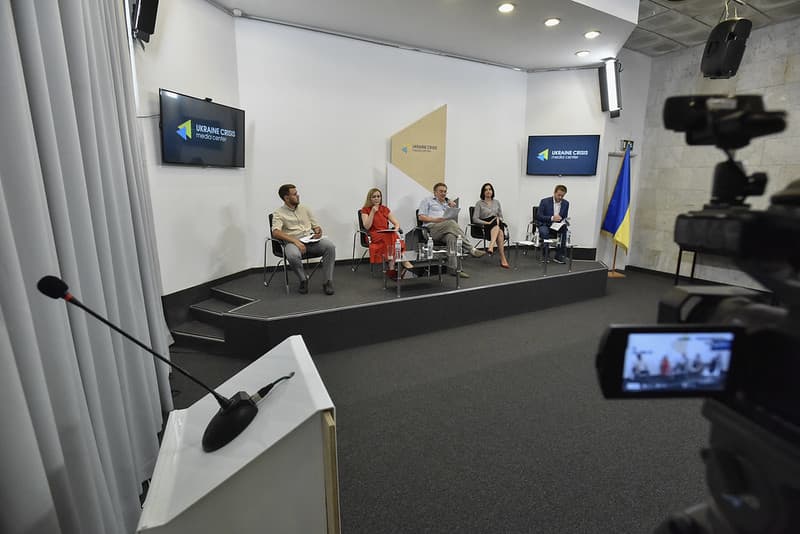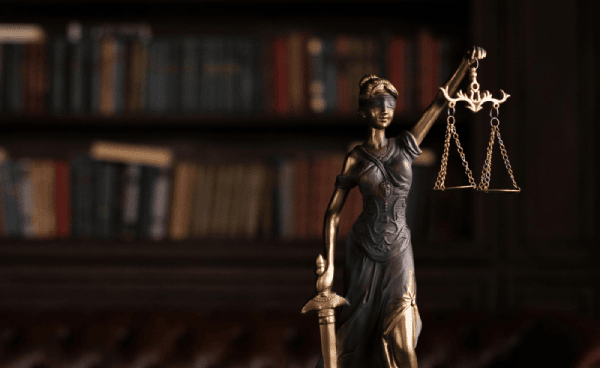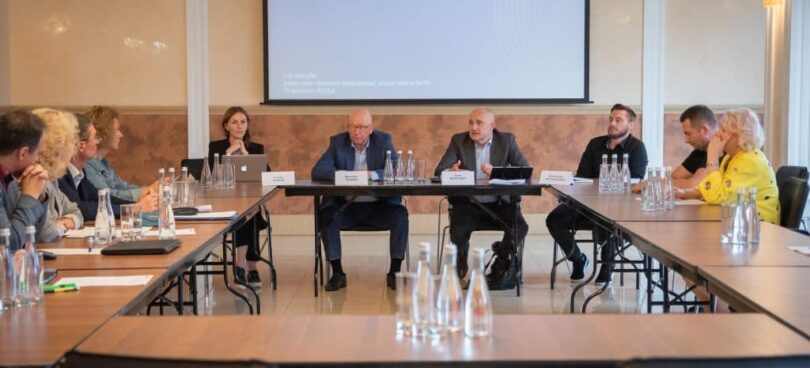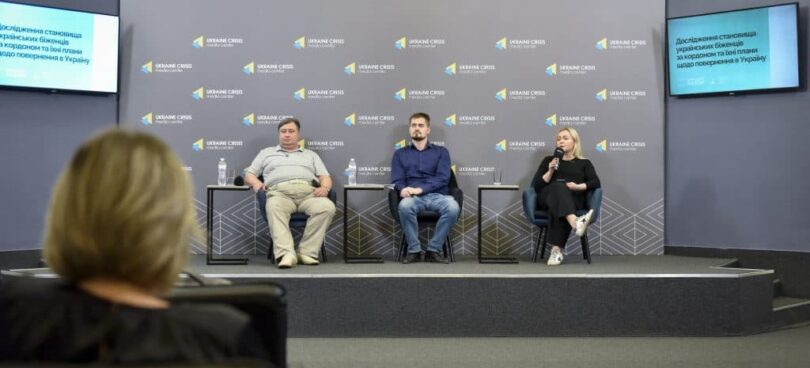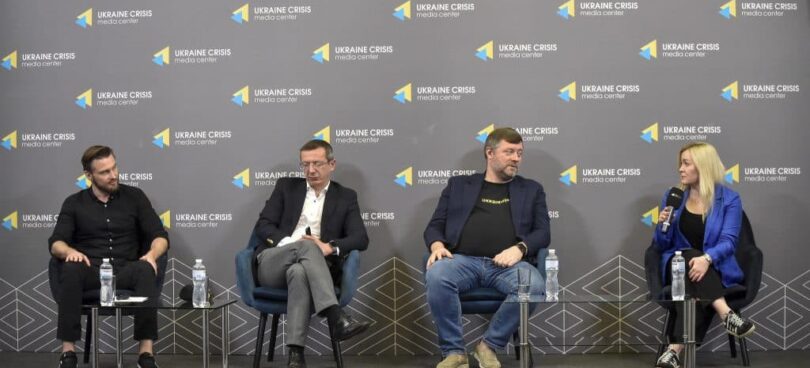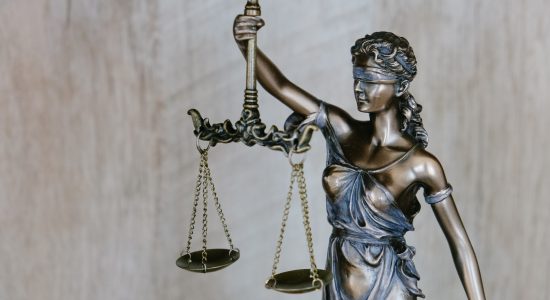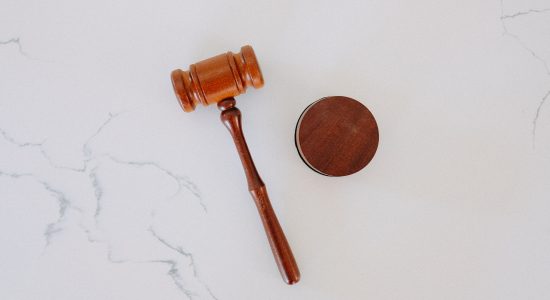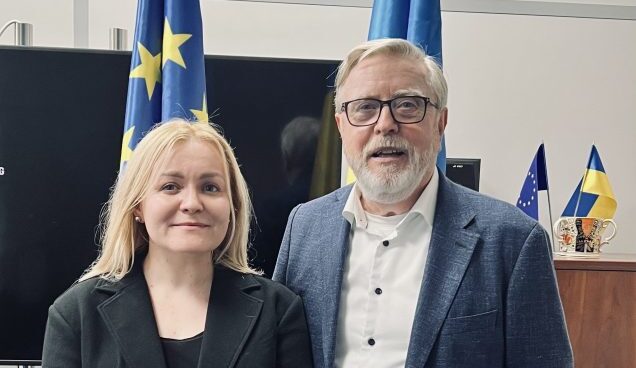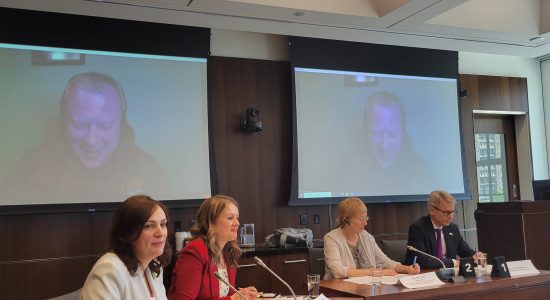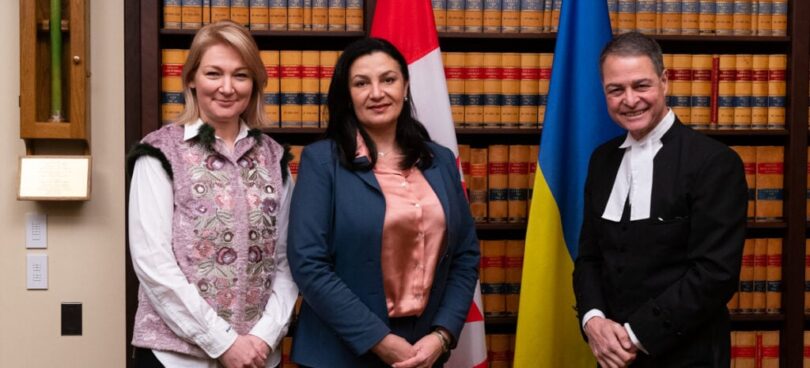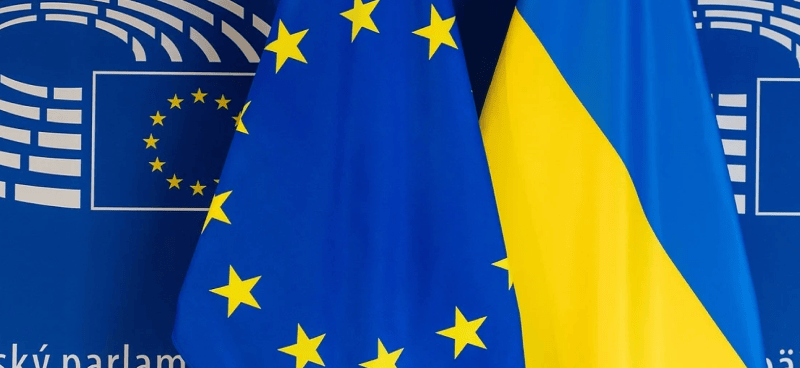On Thursday, July 30, Svitlana Matviienko, Chairwoman of the Board of the Agency for Legislative Initiatives, took part in presenting the results of the expert survey “Political Quarter: Summer 2020” conducted by the Ilko Kucheriv “Democratic Initiatives” Foundation.
During the event, the speakers discussed the main trends of the political process in Ukraine. Svitlana Matviienko spoke about the observation of the Agency for Legislative Initiatives regarding the work of the parliament and the president. We publish in full the speech of the Chairwoman of the Board of the Agency for Legislative Initiatives.
About the parliament
“There are some positive trends. However, not without a “BUT”. In the first half of the year, there was a noticeable decrease in the number of registered draft laws. That is, the amount of what Pete Cox’s Roadmap calls legislative spam or “legislative tsunami” has decreased. A total of 1,178 draft laws were registered during the 1-2 sessions of the Verkhovna Rada of the IX convocation. Accordingly, the number of registered draft laws decreased by almost a third compared to the same calendar period of the VIII convocation.
During the third session, 13% fewer draft laws were registered than during the first two sessions. Given that during the first two sessions of the IX convocation, almost a third fewer draft laws were registered than during the same period of the VIII convocation. It is tempting to talk about some dynamics of reducing the flow of draft laws. However, it is noteworthy that, along with the decrease in the number of parliamentary draft laws over the past six months, the number of registered government and presidential draft laws has also decreased. And such a synchronous decrease can rather be explained by a long socio-political lockdown during the strict quarantine.
Another positive trend. The share of draft laws adopted in the second reading has increased. In the first and second sessions, this share reached 74% compared to 38% for the same period in the VIII convocation. However, the trend was unstable, and in the third session, their share fell to 49%. We hope that this is due to the peculiarities of the work of the Verkhovna Rada during quarantine restrictions.
Along with this, consideration of draft laws started to take longer. Why is this good? Because the laws passed in the first reading and in general – almost guaranteed – will be of lower quality in terms of legal technique or will not consider all stakeholders’ positions. As a result, it will affect their implementation and effectiveness. Passing almost 75% of the approved draft laws through 2 readings (we don’t mention the third one) is at least a precaution against making people laugh (or rather resent) in a hurry.
Was there a “turbo mode”?
As for the turbo mode, which is still popular to mention among the majority. Six months ago, it was already obvious to us and all those who monitor the parliament’s work that this mode is not so “turbo”. As they say: everything is known by comparison. During the first two sessions (read six months) in the ninth convocation, 155 laws, or 13% of registered resent were adopted. In the VIII convocation for the same calendar period, 140 laws, or 9% of the registered ones, were adopted. At the same time, we must remember that the majority began to pass laws (including on amendments to the Constitution) on the first day, immediately after the opening ceremony, and taking the oath. While the MPs of the VIII convocation spent at least the first month on negotiations, working out a coalition agreement and forming the government. So, forget about the turbo.
We did not compare the 3rd session of the ninth convocation with the same period of the VIII session, because this would be irrelevant given the extraordinary circumstances in the form of strict quarantine. The parliament lost two working months.
About negative tendencies
During the first two sessions, it was noticed that the percentage of adopted laws, the subject of the legislative initiative of which is the government (17% vs. 35% in the VIII convocation) decreased. This trend may indicate a weakening of the role of government in shaping public policies. It also harms the principle of unity of decision-making.
During the 3rd session, the share of the accepted governmental projects is insignificant. Only 7 government draft laws were passed. Is this because the government has a weak position in policy-making, completely subordinate to the President’s Office? Or is it because the government does not see a need to be an independent player, instructing MPs to register the necessary draft laws? Both possible explanations are disappointing. There is a clear distortion of the constitutionally established system of checks and balances against the concentration of powers in one power entity in Ukraine. However, the tendency to weaken the government in the decision-making system is contrary to global trends.
How did the president work?
Volodymyr Zelensky, of the last four presidents, registered the largest number of draft laws in his first year – 76 (or 4% of all registered this year). His predecessors exercised the right of legislative initiative, respectively: 48 times – Poroshenko, 39 – Yanukovych, 50 – Yushchenko. The relative share of legislative initiatives of other presidents was not more than 2%. At the same time, the rate of adopted presidential draft laws during Zelensky’s first year of a presidency is twice lower – 38% – compared to previous presidents, where the share of adopted laws ranged from 76% to 82%. This situation is rather strange because the president had his “mono-majority” in parliament for the most calendar year, which became a unique situation in Ukrainian history. Given the frequent personnel changes during the year, as well as the results of a study by the Sociological Group “Rating”, this situation may indicate the active use of the model “good President – bad MPs / officials”, which in turn, leads to a positive image only of the president. Although it no longer helps. Another explanation may be that the “Sluga narodu” party was formed virtually and from people who were not connected with politics in any way before the election. After a while, this affected the weak factional discipline and led to multiple divisions.
According to Article 94 of Ukraine’s Constitution, the president must within 15 days sign the law adopted by the Verkhovna Rada or return it with his proposals. The average rate (median) of signing bills by Zelensky was 9 days, which is the fastest rate among Ukrainian presidents. For the rest of the presidents, this figure was 15 days. However, some of the laws were signed in violation of the 15-day deadline. Thus, Zelensky signed 13% of all adopted laws in violation of the deadline (for other presidents, the figure ranged from 8% to 17%). And while for many, such a violation may seem insignificant, it is still a direct violation of the Constitution, which may be grounds for declaring laws unconstitutional. It is also worth mentioning the situation with three draft laws that Volodymyr Zelensky “inherited” from Petro Poroshenko: №0975, №0976, №0977. These draft laws were neither signed nor vetoed by the new president for much more than 15 days, which directly violated the Constitution. Zelensky dragged on time until the new parliament was elected to prevent these laws from being passed”.
You can read more about the work of the parliament and the president of Ukraine in the other articles of the Agency for Legislative Initiatives.
